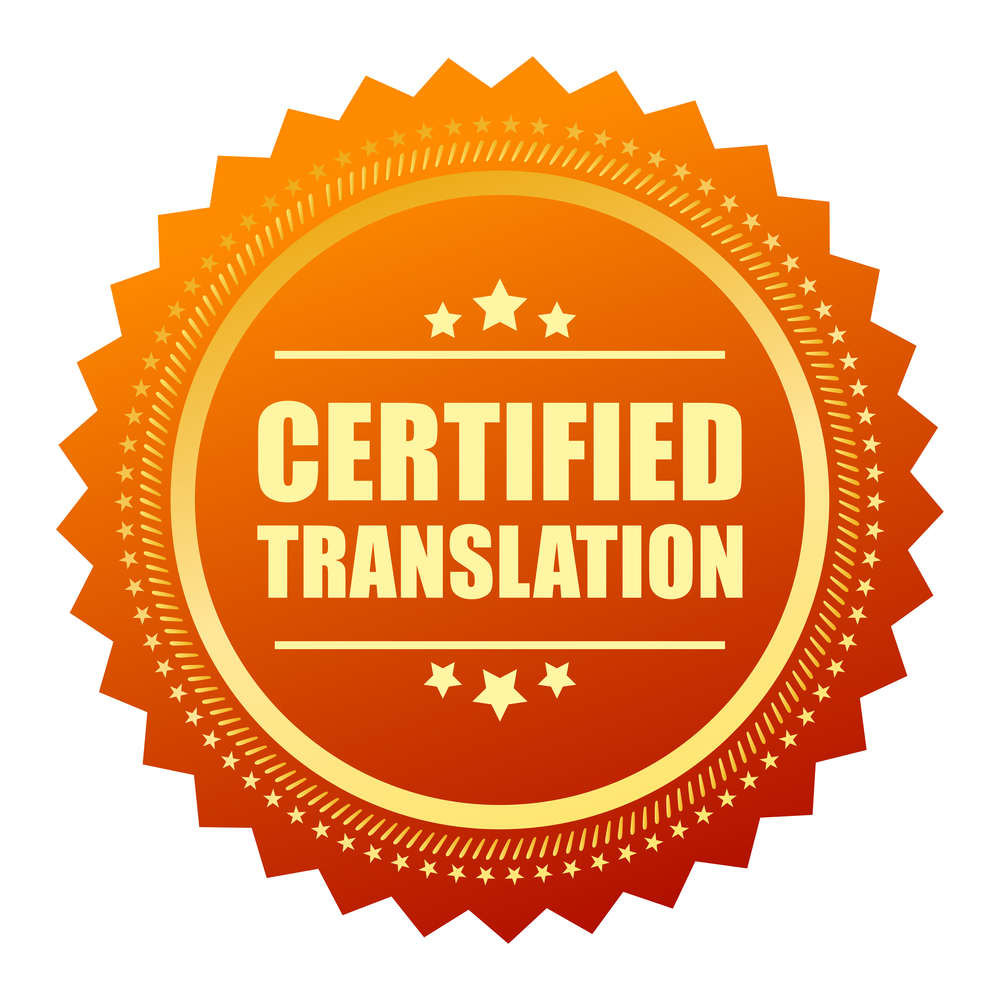1. CERTIFIED TRANSLATION (WITH A BASIC STAMP)
This type of certification is usually required for certificates translated from English into Italian for submission to UK organisations or to the Italian Consulate General in London. A copy of the original certificate is attached to the translation together with a declaration of accuracy which is stamped/signed on headed paper. All documents will be posted via Royal Mail and you will receive everything in 1-2 working days.
We have been successfully providing certified translations for submission to the Italian Consulate in London or the Home Office for more than 9 years and will be happy to advise on the correct submission process. If you are based outside the UK, we can take care of having your translation certified by the Italian Consulate on your behalf.
Our certified translations are accepted by the Italian Consulate General in London, the Passport Office, the Home Office and most UK professional bodies. It is always advisable to contact a translator who is a member of one of the professional bodies (for example, our director is a Qualified Member of the Institute of Translation and Interpreting).
2. NOTARISED TRANSLATION (CERTIFIED BY A NOTARY PUBLIC)
This type of certification is usually required for official use. In the case of a notarised translation, the translator who carried out the translation will be asked to sign a translator’s declaration and a notary public will certify this declaration with their signature, providing a notarial certificate. In order to have a translation notarised, you will need to submit the original certificate rather than a copy. To ensure that your original documents will be in safe hands at all times, they will have to be sent by registered mail/courier or submitted in person. We will take care of the whole notarisation process in cooperation with accredited notaries from our network.
3. LEGALISED TRANSLATION (APOSTILLE)
If your certificate is to be submitted abroad, you may also need to have your translation legalised at the Foreign & Commonwealth Office (FCO). A basic certified translation will not be accepted by the FCO, it will have to bear the signature of either a registered solicitor or notary public.
Legalisation is the confirmation that a signature, seal or stamp on a British public certificate is authentic. Please check if you need to legalise your original document, your translation or both.
In order to have an original document or a translation legalised, you will need to submit the original document (and the translation, if applicable) to proceed with the legalisation or with notarisation and legalisation. To ensure that your original documents will be in safe hands at all times, they will have to be sent by registered mail/courier or submitted in person.
**While we are always on-hand to provide advice, we encourage you to be sure of the degree of certification that you need. It is better to liaise with the body requesting the translation as to which form of certification is required. For example, if we are contracted to provide a notarised translation, and it subsequently becomes clear that an apostille was necessary, we cannot accept liability for it.

